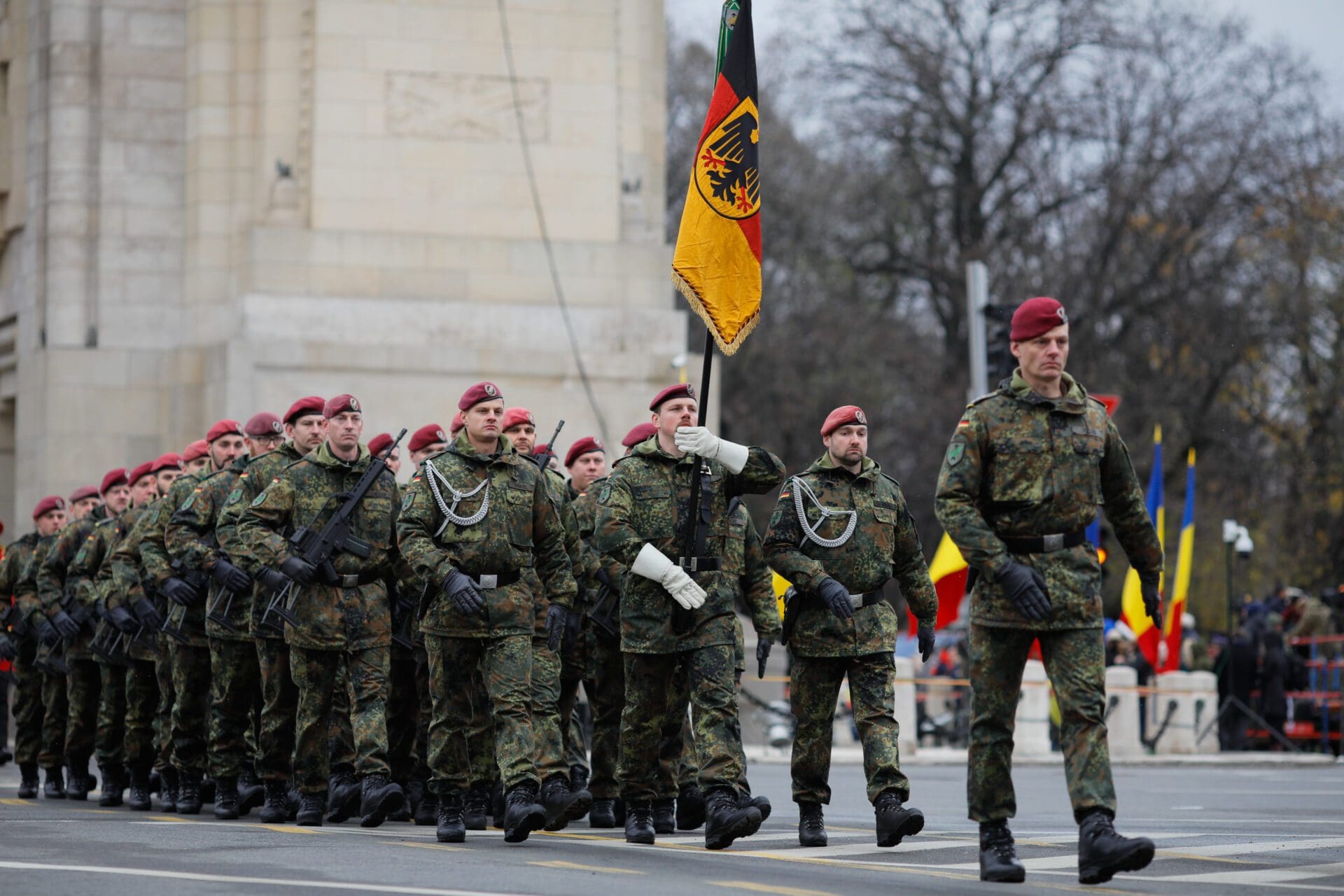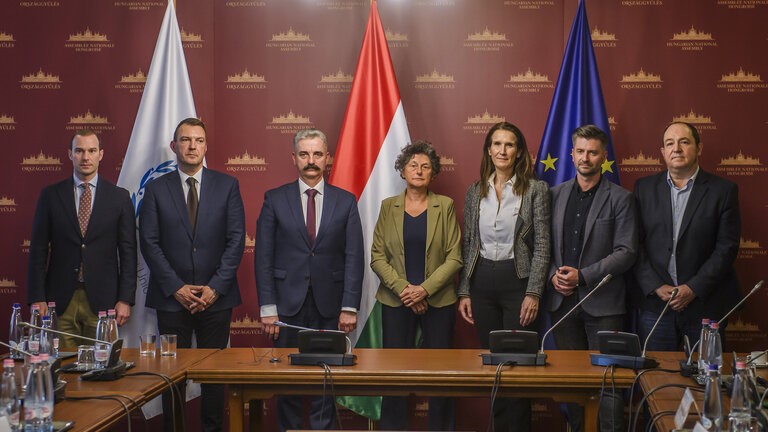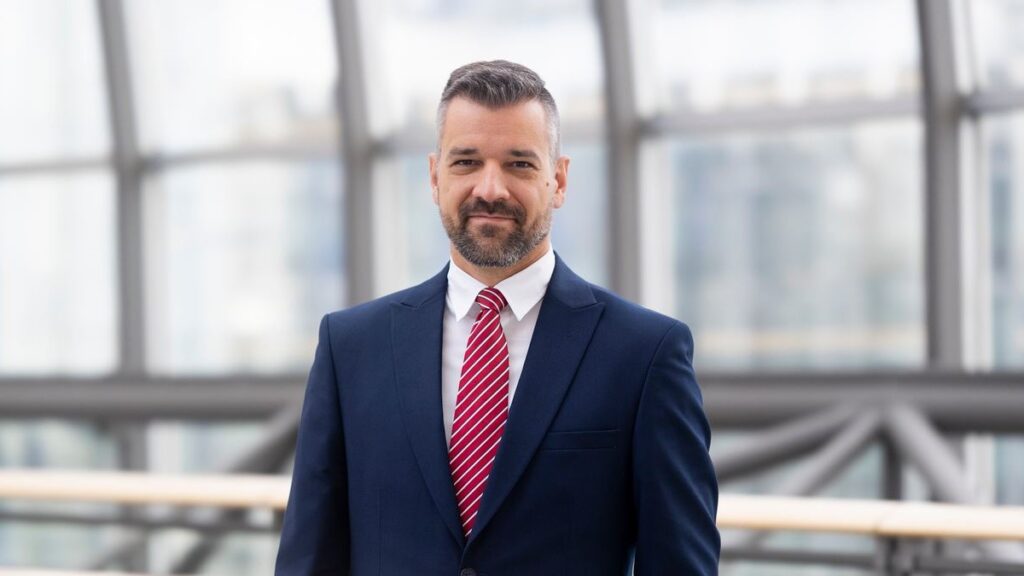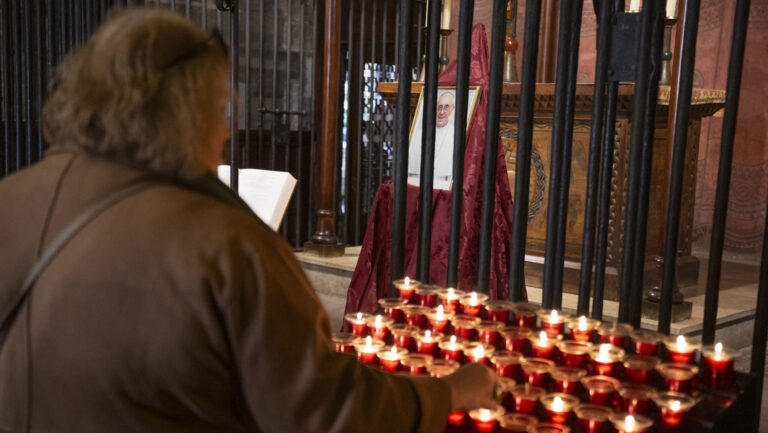Europe’s arms development has geared up due to the war in Ukraine, resulting in increasing military expenditure and the buying of cutting-edge weapons. But Europe should realize that military spending cannot make up for the continent’s lack of military culture, Alexis Carré argues in Foreign Policy
According to the author, Europe’s leaders have long been aware of the possibility of a limited military conflict or even a high-intensity open war on the continent or its close neighbourhood. In this sense, Europe’s armament was not triggered by the current Russo–Ukrainian war but rather gave it new impetus. Of course, the situation is different in the case of Germany, where a decades-old pacifist stance is changing before our eyes, but in the big picture, the arming of Europe has been a process for years. Europe’s leaders have been right in their assessment of international dynamics and their inherent flashpoints, with a realistic perception of the dangers that could threaten even the continent. But the European response to this realisation is flawed, according to Alexis Carré, because the continent believed that it would be sufficient to respond to these threats materially.
Armament is only one aspect of Europe’s problem.
NATO already has top-class military technology and far more advanced weapon systems than Russia.
Nevertheless, that did not deter Vladimir Putin from carrying out his offensive against Ukraine, at Europe’s doorstep. This may have happened because Putin was aware of the imbalance between the European—or more broadly, NATO’s—military capacity and the political and moral factors behind it. In other words, ‘weapons that Europe has at its disposal cannot become a threat to anyone so long as the continent’s democratic societies won’t demonstrate a capacity and determination to make use of them’, Carré highlights.
Superiority in statistics and metrics means almost nothing without the moral qualities that mobilizes political communities and makes them ready to act. This requires a clear articulation of the common good, of the set of values for which the community is willing to sacrifice when it feels it is threatened.
Quoting a 1952 lecture by Raymond Aron, the French political philosopher and sociologist, the author also points out that peace and prosperity always make countries too eager to compromise. As he puts it:
‘The greatest weakness of democracies is to push the spirit of compromise too far. That is, to believe that everything can be solved by a compromise. Every time democracies were confronted with authoritarian regimes, they always thought that the men in charge were sufficiently reasonable to prefer a good compromise to a bad war.’
Europe’s problem also stems from the fact that both the political leadership and the citizens think in terms of individuals rather than the community and see individual leisure and prosperity as their primary goal, rather than the preservation of the way of life of the whole community. Thus, Western morality has become a morality of pleasure and individual happiness rather than civic virtue. This has resulted in Europeans no longer feeling obliged to preserve this pleasure and happiness at the community level.
Europe has been living under the delusion that peaceful, dialogue-based conflict resolution between nations is expanding and that violent forms of conflict resolution are slowly being pushed out of the international system. Europeans failed to accept the fact that people can sometimes pursue opposing goals, or that countries still see violence as a legitimate means of securing certain interests. Europe observed existing or newly emerging conflicts in the world as only accidental exceptions and naively believed that the advance of globalism would eliminate the need for aggressive conflict management between countries.
By excluding sovereignty from their understanding of politics, war became unthinkable and unintelligible to Europe.
But the fact that we do not think about something does not mean that it does not exist, points out Alexis Carré. Europe has made the mistake of thinking that the world is made up only of such entities as the old continent, which has voted for globalisation and integration while seeing sovereignty as a relic of a bygone age.
Europe did not regret losing the bulk of its military capability and morale necessary for its assertiveness and even considered it a virtue. It believed that, through non-violent economic development, it had proved that military force was pointless and immoral and that nationalism and imperialism were therefore superfluous. The continent hoped that economic growth would eventually bring Russia, China and Turkey into the community of liberal and democratic societies as their economies became more integrated into the globalised world.
And the consequences of this misguided system of thought were not felt in Europe for decades, thanks to the protection provided by the United States. However, as Washington has increasingly expressed that US attention will shift from Europe to China and the Pacific, and they have done so in recent years, Europe faces a new situation.
But how could Europeans be expected to restore confidence in their capacity for military effort and sacrifice, Carré asks. ‘It is difficult for political communities that condemn from the outset the use of force to identify the circumstances that may require and the principles that may justify entering a conflict. In other words, it is difficult for such communities to conduct themselves with prudence and justice,’ he answers.
In Europe, therefore, while increasing resources are being devoted to developing military capabilities, an honest dialogue between politics and society is needed. So far, no European politician has been brave enough to do this, according to the author. It is the responsibility of politicians to confront the population with the real threats they face and to communicate the duty of citizens in preserving the values and way of life they cherish.
Europe needs to refocus its vision of democracy and its purpose and return to the ground of realpolitik,
instead of self-serving moralising and humanitarianism, to set clear goals and commitments for itself. Of course, the best way to do so is at a national level, and it requires courageous politicians who will risk unpopularity and even loss of votes to talk honestly to the population about the sacrifice required to defend their way of life.








